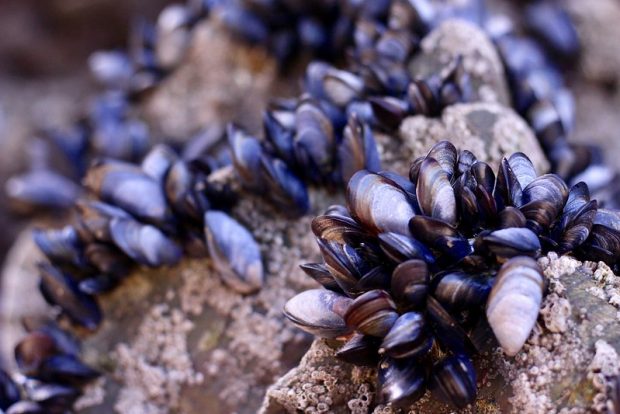
There has been coverage in the BBC, Independent, Politics Home, i News and Shetland News of disruption to the export from the UK to the European Union of live bivalve molluscs.
The Government is in communication with the shellfish sector and will continue to raise the issue with the European Commission to find an appropriate solution.
What is the issue?
Shellfish such as oysters, mussels, clams, cockles and scallops (live bivalve molluscs) are generally harvested from waters that are either classified as Class A or Class B.
Class A waters means that it has been harvested from waters that are of good quality and they can be exported to the EU without being cleaned/purified, while Class B waters means that the shellfish aren’t ready for human consumption before being purified. Exporters have previously exported class B shellfish to the EU where they were purified.
Now that the UK is classed as a third country, the EU Commission have voiced concerns about the trade in uncleaned live bivalve molluscs, harvested from Class B waters. The Government is in touch with the Commission to raise the issue and find an appropriate solution.
Shellfish harvested from Class A waters, or that have been cleaned and are ready for human consumption, can continue to be exported to the EU.
What can the sector do to minimise disruption?
To minimise delays and disruption, it is necessary for exporters to provide accurate information and to understand the requirements for the goods being exported. This includes ensuring they provide Certifying Officers with the correct customs codes and descriptions for all goods included in the consignment.
Exporters may also wish to check with trading partners whether the relevant EU Member State Border Control Post (BCP) is able to accept this consignment.
A Defra spokesperson said:
Live bivalve molluscs such as oysters, mussels, clams, cockles and scallops can continue to be exported to the EU if they’re harvested from Class A waters or cleaned, or have cleared end product testing in the UK.
We will continue to raise the issue of live bivalve molluscs not ready for human consumption with the EU, to ensure the trade can continue securely.
1 comment
Comment by D alldis posted on
I say stop all fishing in UK waters by the EU until common sence prevails and until all catches are checked in the UK with strict guidelines enforced.